
Have we missed the point of church? From a Reformed, confessional perspective, it seems we have. In short, the point of church is the forgiveness of sins, the declaration of righteousness on account of Christ, and the fellowship of the saints. If these things are rightly understood, the question, “Why do you need the church?”, answers itself. Jon and Justin consider all of this and how the church is the way God sustains his people in this life.

There seem to be a number of people “deconstructing” these days–and by that we mean deconstructing the Christian faith and leaving it. At Theocast, we are not unfamiliar with deconstruction. We do some deconstructing of unhelpful theology in an effort to pull people toward the sufficiency of Christ for sinners. On this episode, Jon and Justin make observations about the “Christianity” people are leaving, as well as offer thoughts on how to do deconstructing well.
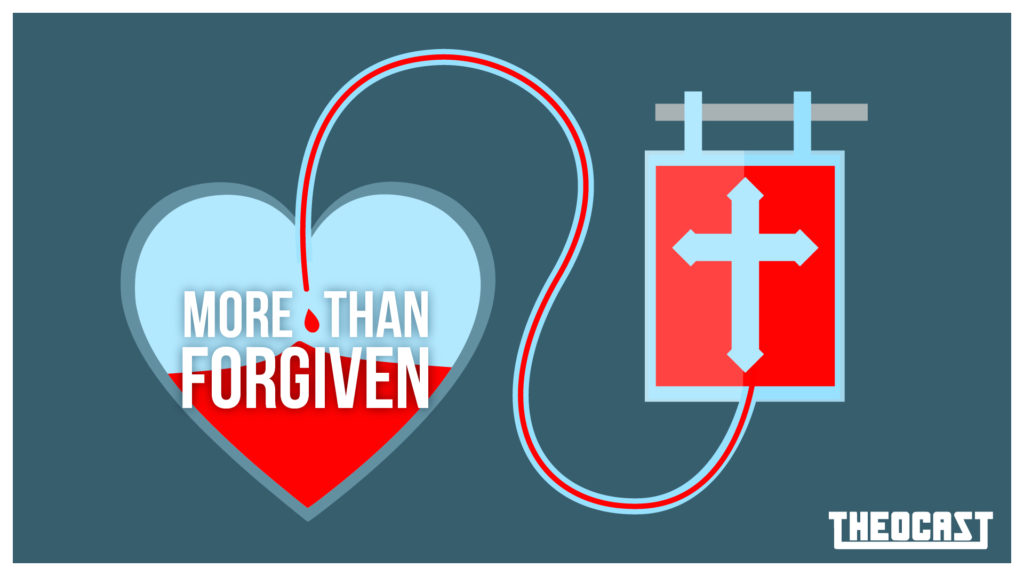
In our third of three episodes on the implications of covenant theology, Jon and Justin discuss the significance of the covenant of works as it relates to the work of Christ. When we begin to see the relationship between the covenant of works and the work of Christ in our place, it becomes clear how are more than just forgiven through our union with Jesus by faith. We are declared righteous. We have peace with God now and forever. It really is finished. All really is well.
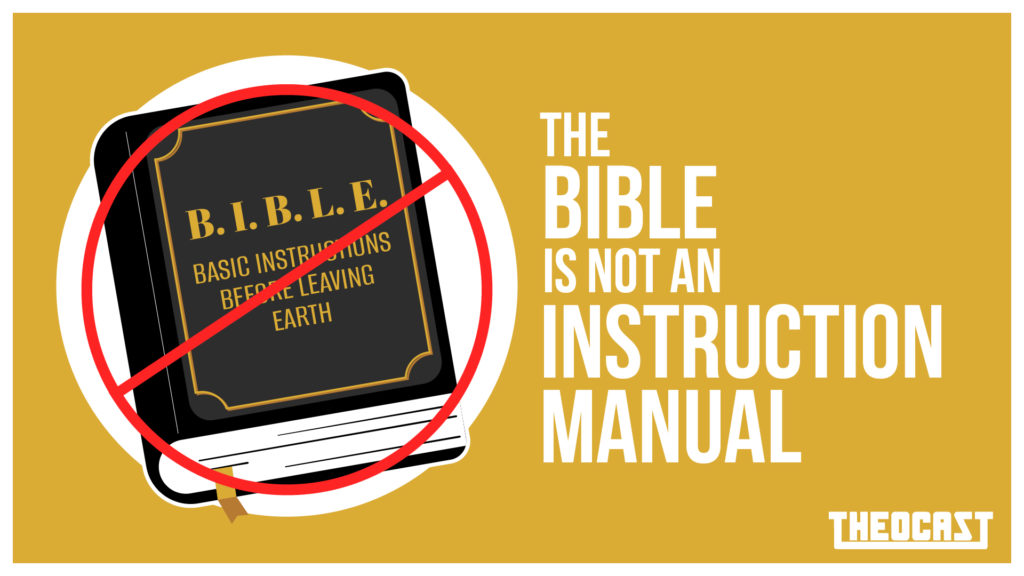
In our second of two episodes on the implications of covenant theology, Jon and Justin consider the purpose and point of the whole Bible. It’s not an instruction manual. It’s not a step-by-step guide to godliness. It’s not a medicine cabinet to cure everything that ails us. Rather, the Bible is about redemption. It’s about Jesus. The guys unpack the implications of that and consider how to go to the Bible, how to use it, and how to understand it.
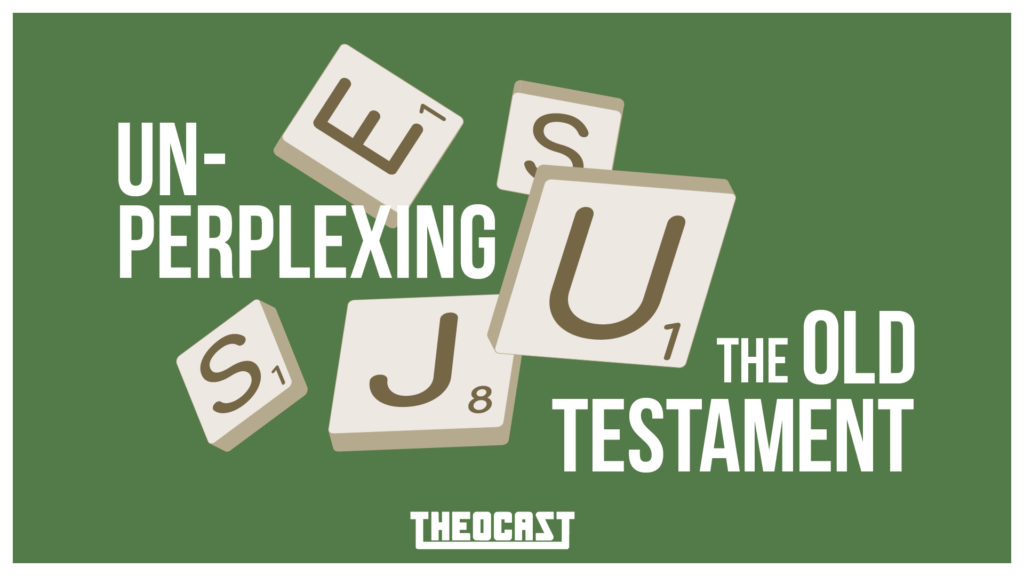
For many people, when they go to Old Testament, they leave confused. The Old Testament seems to be a disjointed collection of stories and full of different kinds of literature that don’t seem to hang together. When seen through the lens of covenant theology, the Old Testament, is a cohesive presentation of God and his plan to save sinners through his promised Christ. Who is this God? What is he like? Can he be trusted? How will he save us? Jon and Justin discuss these questions and more in today’s episode.
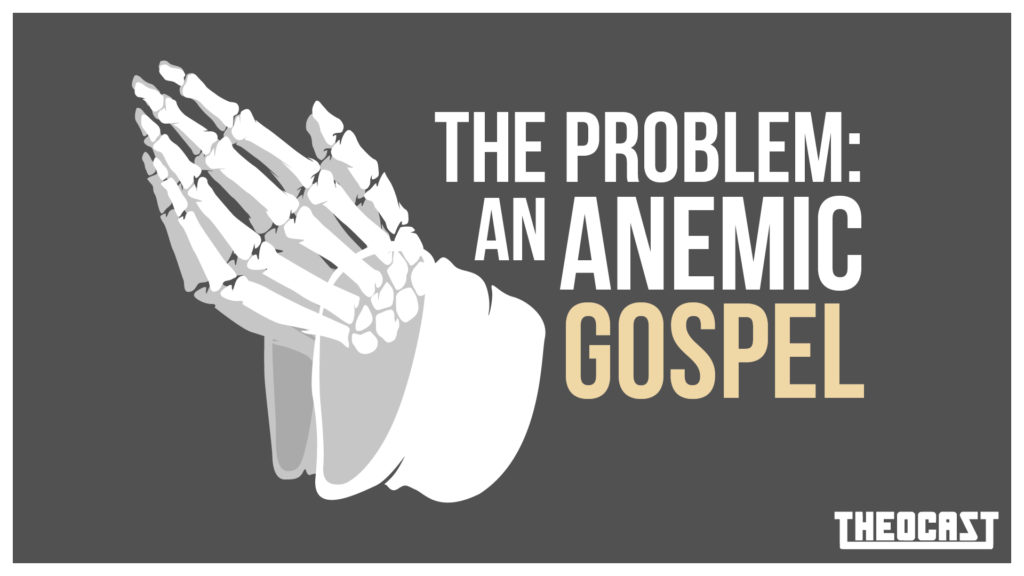
People make various diagnoses of what ails the church today. To some, it’s a loss of a commitment to moral and social values. To others, it’s a general lack of acceptance. To others, it’s that we don’t preach obedience and holiness enough. If we were to fix these things, would it cure what ails us? Jon and Justin consider these questions and suggest that the issue in so much of the church today is that we’re preaching an anemic gospel.
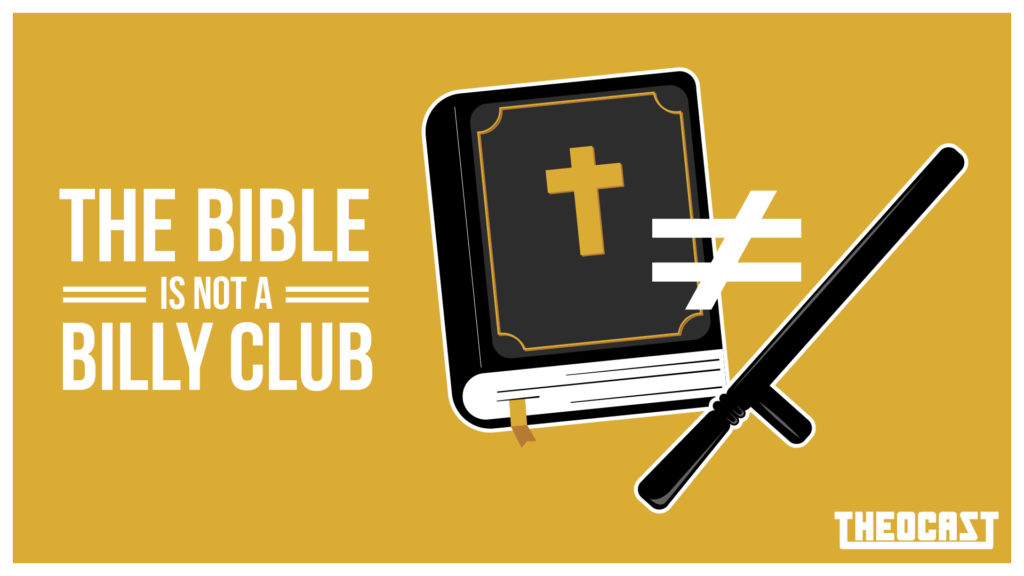
Many people, if they were honest, would admit to being confused by the Bible–but not only confused, discouraged. It shouldn’t be this way. The Bible is the testimony about Jesus Christ, who came to save sinners like us. In it, we should see our only true and lasting hope. How should we approach the Bible in order to better understand it in light of Christ? What are things we need to know so that the Bible becomes a balm for our souls, rather than a billy club?

Many people are listening to The Rise and Fall of Mars Hill. Many people have been impacted by Mark Driscoll and Mars Hill Church–in positive and negative ways. It seemed appropriate to us to have a conversation about the podcast. Our aim is not to cast shade on Mark Driscoll or Mars Hill, but rather, to consider things that we all can learn. We bring on our newest regular contributor, Patrick Crandall, for this conversation.
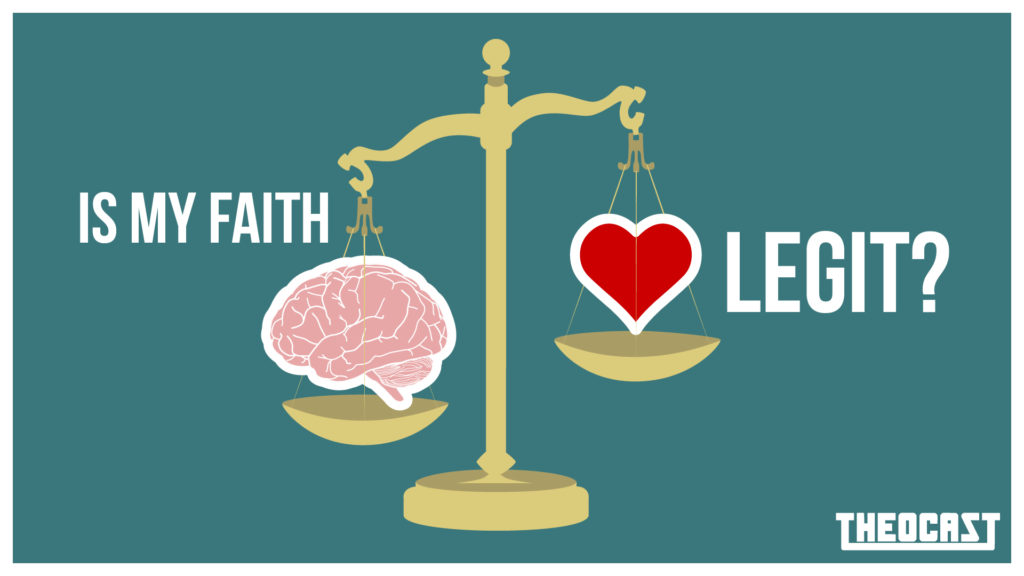
Is your faith genuine? We all struggle. We all wrestle. We all doubt. That’s part of what it means to be fallen, but this produces real questions: Is the message regarding faith in Christ legitimate? If so, what is saving faith? How should we define it? And what about that bit about the demons believing? Jon and Justin seek to answer these questions from the Scripture and from the confessions.
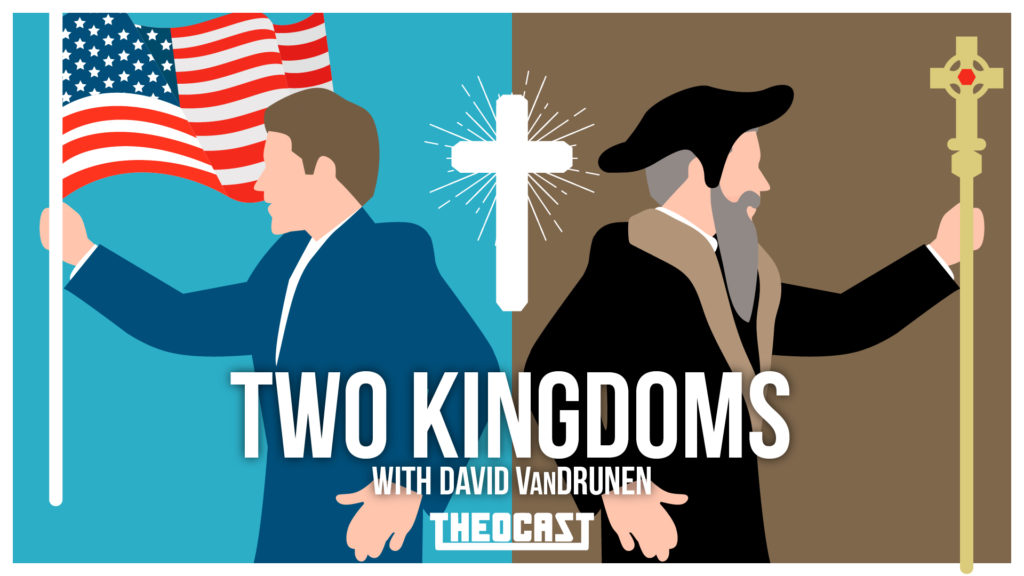
On today’s episode, we have a special guest, David VanDrunen. We talk about the doctrine of Two Kingdoms and its implications. In short, we talk about Christianity and culture. What are Christians to be doing? What is the mission of the church? Are we to be ushering in the kingdom of God? We answer these questions and more.

There are so many unrealistic expectations heaped upon pastors and congregants in the popular church. And there hasn’t been much sound thinking on what really matters. Maybe you’ve experienced this? Maybe you’re exhausted? Confused? In this episode, the guys seek to make the main things of church life clear–in order to set us free for life in the body of Christ.
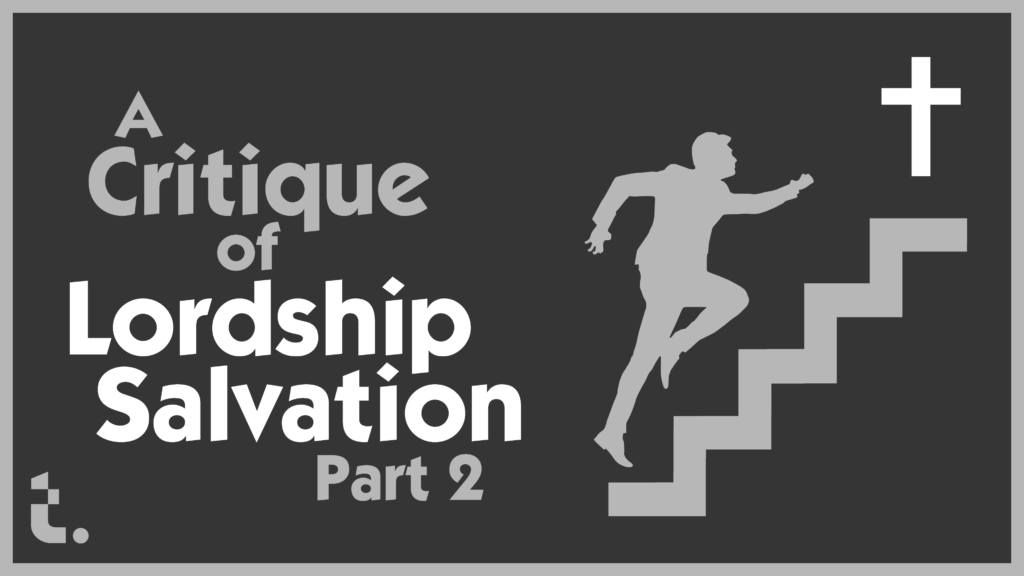
In this second of two episodes on Lordship Salvation, Jon and Justin seek to further clarify concerns about LS theology. These concerns include: (1) confusion about the order of salvation; (2) a redefinition of faith; (3) a collapsing of law and gospel; (4) confusion on the uses of the law; and (5) a confusion of the relationship between justification and sanctification.
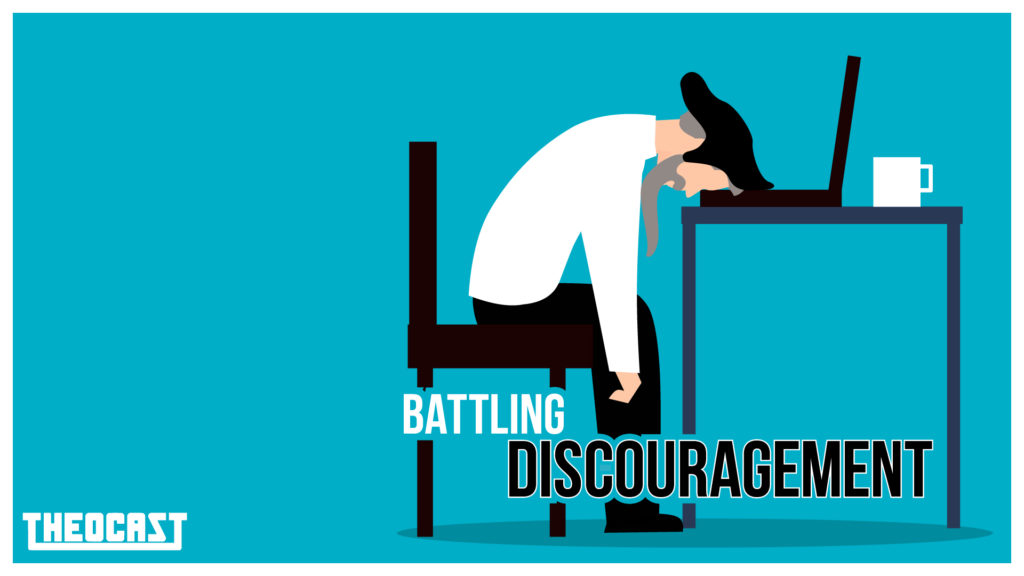
Life in this fallen world is often hard. We struggle in our minds and hearts with any number of things. We fight against our own sin and are affected by the sin of others. In other words, the reasons for discouragement are many. Not surprisingly, we continually find ourselves in a battle against discouragement. If that is you, you are not alone. What can we say to these things? What hope is there in the struggle? Jon, Justin, and Jimmy discuss these things on today’s episode.

Listening to many preachers and teachers, it sounds like God, deep down, hates the world. Yes, he sent his Son to save sinners, but he does that only for his own glory–and even then, reluctantly. Jesus, too, really didn’t care for sinners. He came holding his nose and was really on earth to rebuke everyone. This presentation of God has produced a lot of fear, or perhaps even hatred of him. But, the question is, is this presentation biblical? Jon and Justin consider that on this episode.
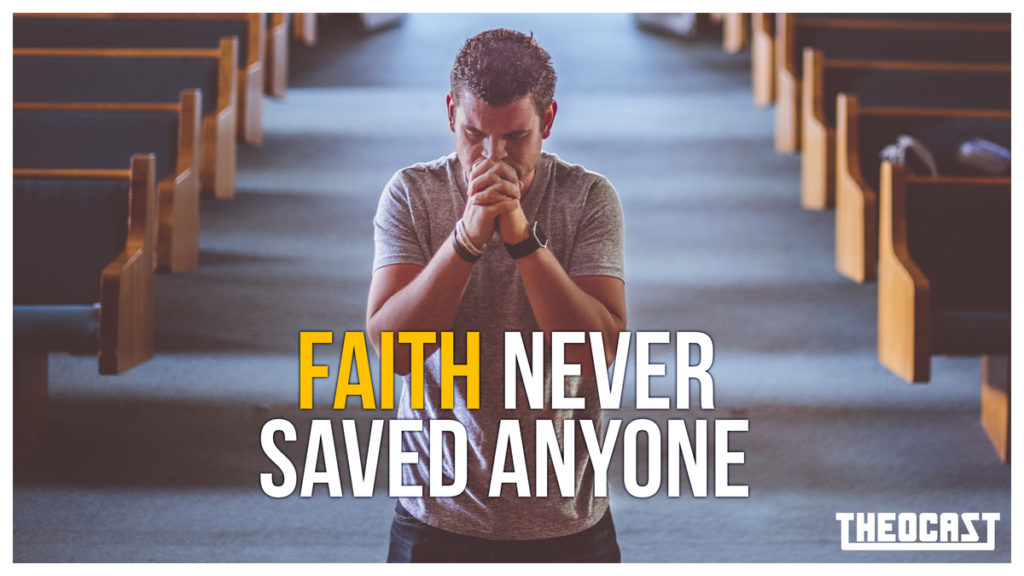
Here’s a controversial statement: Faith never saved anybody. While that may sound shocking to many Christians, it’s true. Faith doesn’t save sinners; Jesus does. Faith is simply the means through which the merit and work of Christ are applied to us. Jon and Justin talk about the confusion that exists in the church today and how we tend to place our faith in things that don’t save.
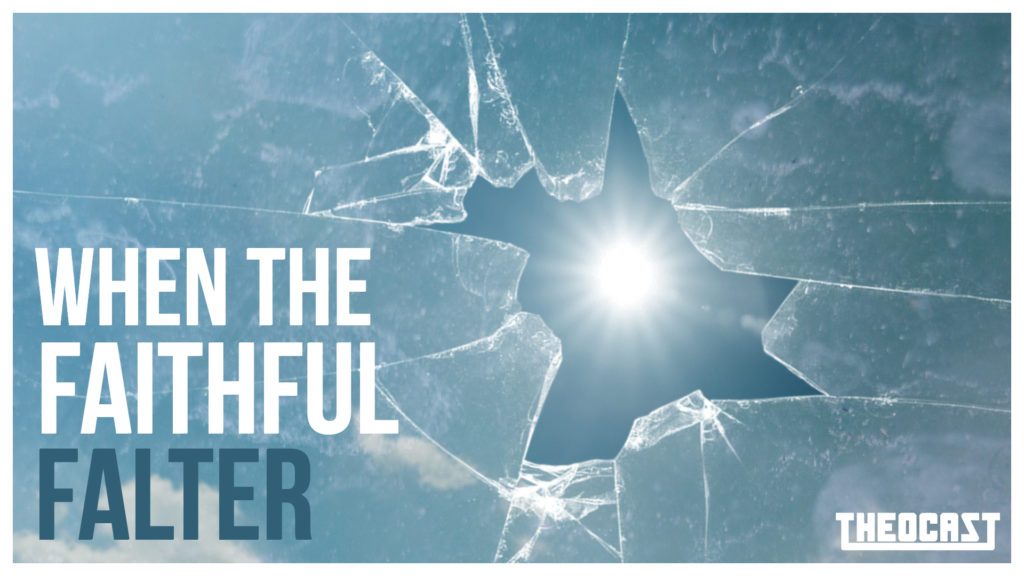
Often in Scripture, the faithful falter. For example, Abraham is called “the man of faith” by Paul, and he is upheld as the model of justification by faith in all of the Bible. Yet, he sold his wife into defilement and adultery–twice. Or, consider the disciples. In the aftermath of Jesus’ death and resurrection, they are hiding together in a room, terrified. What do we make of these things?
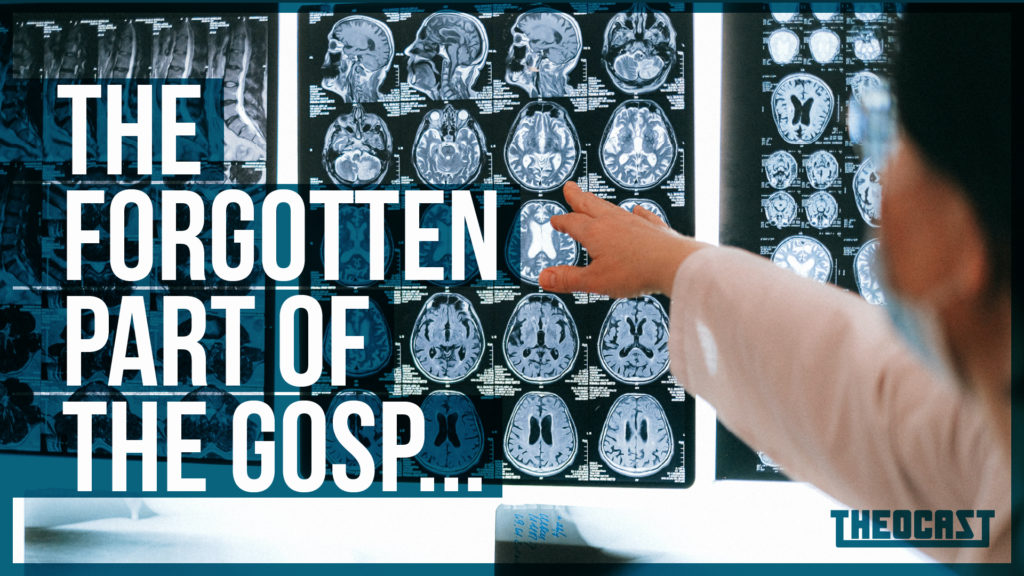
What is the gospel? Rightly, many people point to the life, death, and resurrection of Jesus–through which we are forgiven of sin, absolved of guilt, counted righteous, and promised to be raised from the dead. Praise God for that! But, there are parts of the gospel that tend to be left out or assumed. Jesus intercedes and advocates for us at the right hand of God. He has given us his Spirit. He reigns from the throne of God. And he is coming back for us. All of these things matter for our assurance and peace!
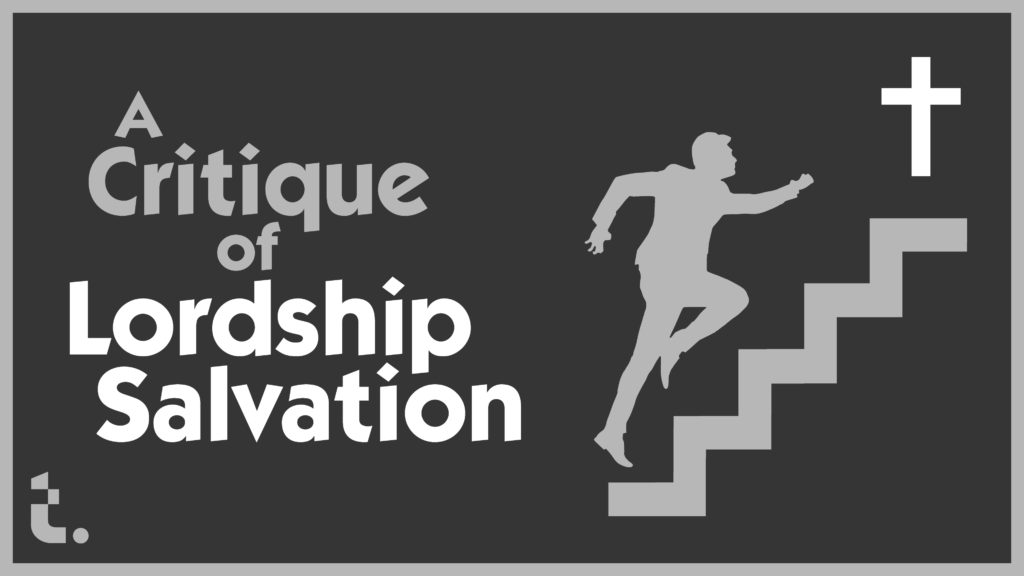
We have gotten a number of questions regarding Lordship Salvation and the historic, reformed position on it. So, today, that is what Jon and Justin talk about. We talk about concerns over the definition of faith, the collapsing of law and gospel, and confusion on the uses of the law. We interact with John MacArthur’s book, “The Gospel According to Jesus,” as well as Michael Horton’s “Christ the Lord.”
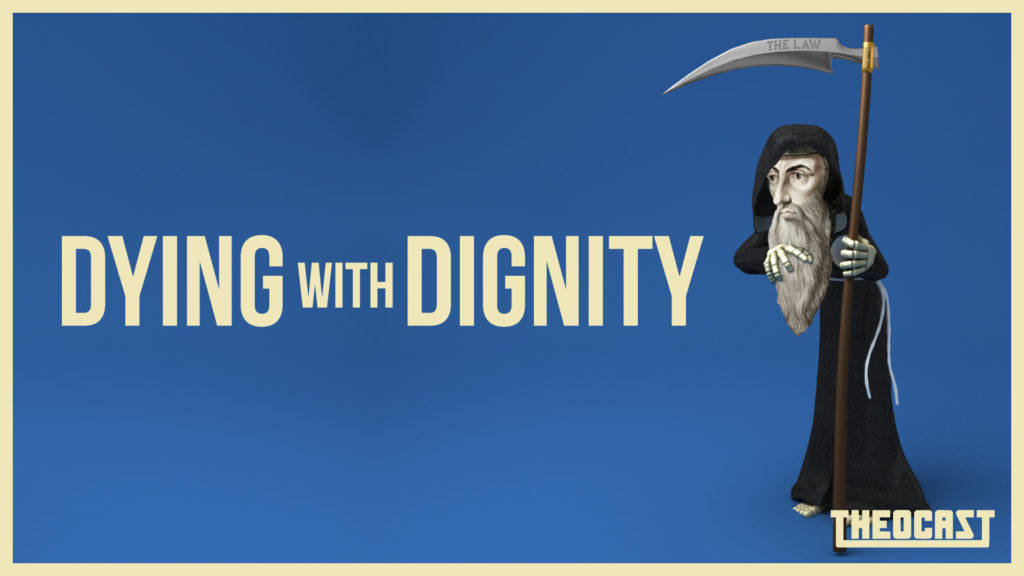
In the church, we care for souls. But what is it that we are doing in that work? It is our conviction that we are helping one another die well–with dignity and hope. That may sound like a strange thing to say, but we are convinced it’s biblical. In this life, we are weak and frail. We experience suffering and pain. Yet, Christ is our hope. And he has secured for us a life that is beyond this one.
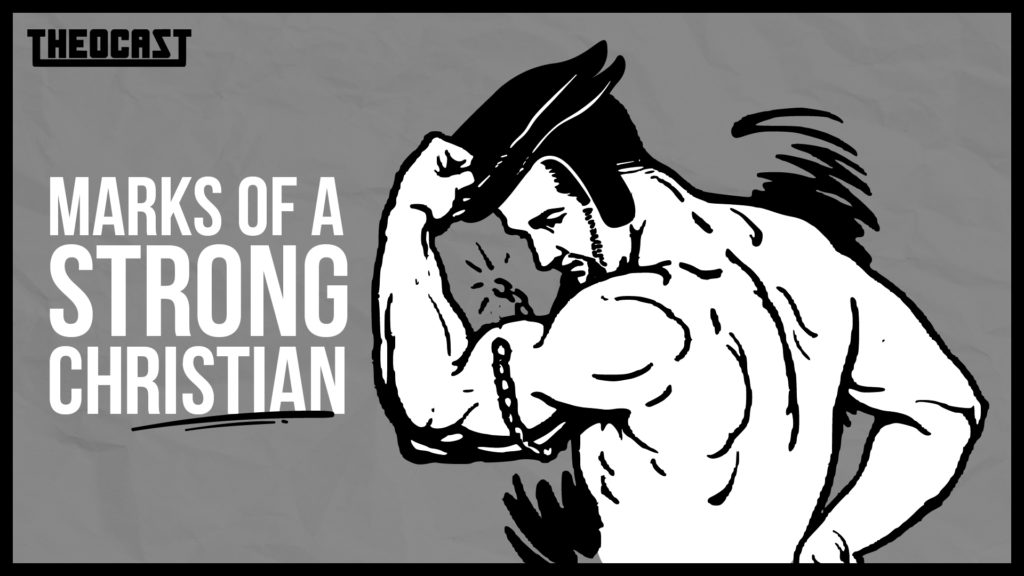
How would you describe a strong Christian? If you were to make a list of what characterizes a mature Christian, what would you put on that list? At Theocast, we are convinced that many would not answer these questions the way the apostles would have. As we look to the New Testament, what does it say about those who are strong in the church?






















